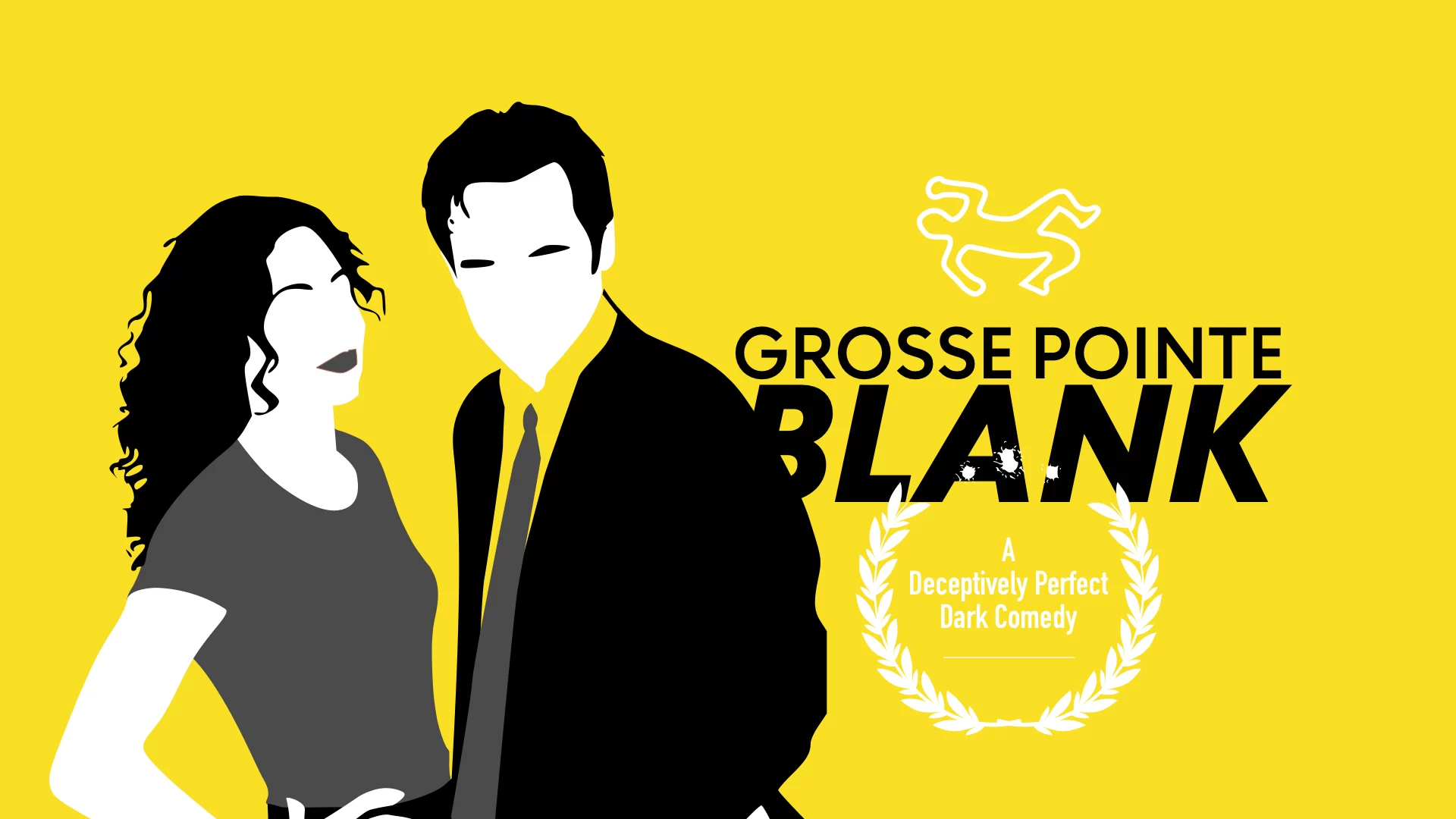Ah, Grosse Pointe Blank—the film that seamlessly blends dark comedy with a splash of existentialism, peppered with sharp wit and a hint of action. Released in 1997, this film has become a cult classic, captivating audiences with its unique blend of genres and its clever narrative. It’s a film that, on the surface, might seem like just another quirky dark comedy, but dig a little deeper and you’ll uncover layers of sharp satire, biting humor, and poignant moments. Let’s dive into why Grosse Pointe Blank is not just a dark comedy, but a deceptively perfect example of the genre.
A Brief Overview of the Plot
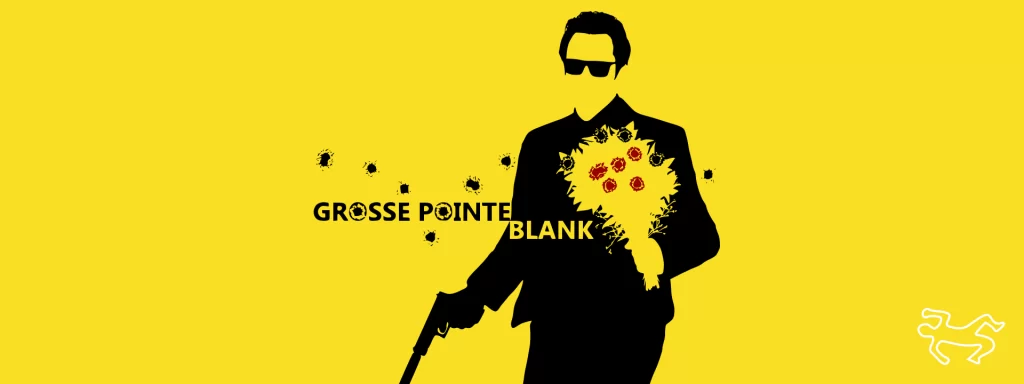
Directed by George Armitage and written by Tom Jankiewicz and D.V. DeVincentis, Grosse Pointe Blank stars John Cusack as Martin Blank, a professional hitman who returns to his hometown of Grosse Pointe, Michigan for his high school reunion. The film intertwines Martin’s personal quest for meaning with a series of assassination contracts, all while he grapples with his past, his present, and the choices that have led him to this point.
As Martin returns to Grosse Pointe, he faces a myriad of comedic and existential dilemmas. He must navigate the high school reunion, deal with his old high school sweetheart, Debi Newberry (played by Minnie Driver), and outwit a rival assassin. The film balances these elements with a sharp satirical edge, making it an entertaining yet thought-provoking piece.
The Charm of Dark Comedy

Dark comedy is a genre that finds humor in the grim and macabre, often juxtaposing lightheartedness with serious, sometimes disturbing themes. Grosse Pointe Blank excels in this genre by blending the absurdity of Martin’s profession with the mundane aspects of everyday life. The result is a film that offers both laugh-out-loud moments and thoughtful commentary.
Martin Blank’s Job and Its Comedy: Martin’s profession as a hitman is inherently dark, but the film’s humor derives from how casually he treats his line of work. The juxtaposition of Martin’s cold-blooded profession with his desire to reconnect with his old high school friends creates a comical contrast. Scenes where Martin discusses his career with his therapist (played by Alan Arkin) or when he casually explains his job to his high school classmates are infused with dark humor. The film never takes itself too seriously, and this lighthearted approach to a serious job adds a unique comedic twist.
High School Reunion Antics: The reunion setting provides a perfect backdrop for dark comedy. It’s a classic setup for awkward encounters, unfulfilled dreams, and unresolved issues. Martin’s return to his high school is not just a trip down memory lane but a collision course with his past mistakes and regrets. The comedy arises from the contrast between his present-day identity as a hitman and the person he was during his high school days. The interactions with former classmates, including the bizarre and often hilarious encounters with people from his past, amplify the film’s comedic elements.
Sharp Satire and Social Commentary

Grosse Pointe Blank is more than just a dark comedy; it’s also a sharp satire that comments on various aspects of modern life and the human condition.
The Absurdity of the American Dream: The film satirizes the American Dream by depicting Martin’s disillusionment with it. His return to Grosse Pointe, a town that represents a failed ideal of success and normalcy, contrasts sharply with his high-paying job as an assassin. The film highlights the absurdity of striving for traditional success when one’s life is fundamentally detached from those values.
Critique of Consumer Culture: The film subtly critiques consumer culture through its depiction of Martin’s former classmates and the reunion itself. The classmates’ obsession with material success and their superficial conversations about careers and lifestyles reflect the emptiness that can accompany consumer-driven pursuits. Martin’s detachment from these concerns further emphasizes the film’s critique of the shallow aspects of modern life.
Personal Identity and Reconciliation: At its core, Grosse Pointe Blank explores themes of personal identity and the quest for self-reconciliation. Martin’s journey back to his hometown is as much about reconnecting with his past as it is about coming to terms with his present. His interactions with Debi Newberry and his former classmates force him to confront his past decisions and their impact on his life. This personal reckoning is both humorous and poignant, adding depth to the film’s dark comedy.
John Cusack’s Performance
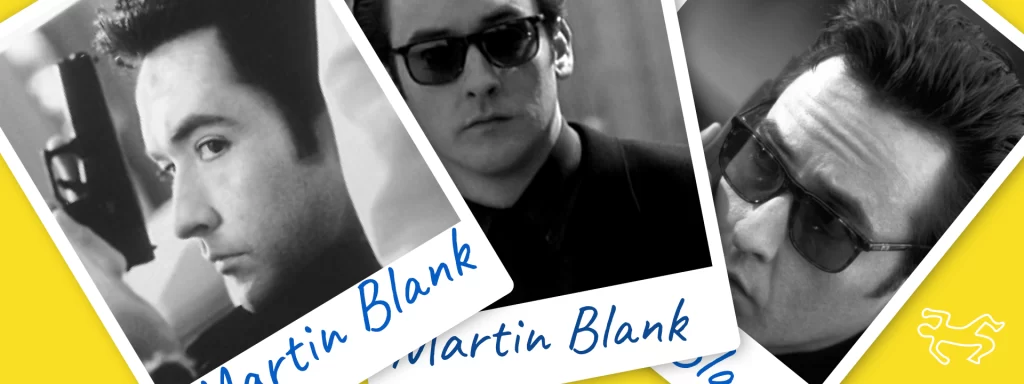
John Cusack’s portrayal of Martin Blank is central to the film’s success. Cusack brings a perfect blend of charm, aloofness, and vulnerability to the role. His performance captures Martin’s internal struggle with his identity and profession, making the character both relatable and enigmatic.
Deadpan Humor: Cusack’s delivery of Martin’s lines is infused with a deadpan humor that enhances the film’s comedic elements. His ability to remain calm and collected in absurd situations adds to the film’s unique tone. The contrast between Martin’s serious demeanor and the ridiculous situations he finds himself in creates a humorous dynamic that drives the film.
Emotional Depth: Cusack also brings emotional depth to Martin’s character. Despite his cold exterior, Martin’s interactions with Debi and his reflections on his past reveal a deeper vulnerability. Cusack’s nuanced performance allows the audience to empathize with Martin’s struggles, adding a layer of poignancy to the film’s dark comedy.
The Supporting Cast
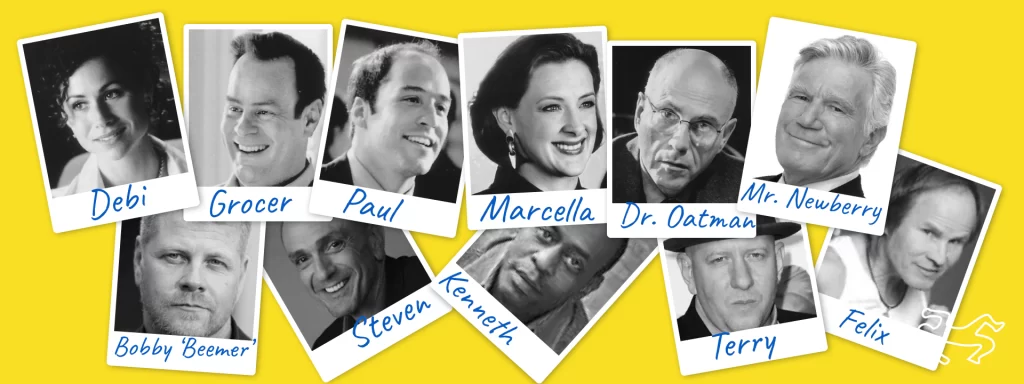
While Cusack’s performance is central to the film, the supporting cast also contributes significantly to its success.
Minnie Driver as Debi Newberry: Minnie Driver’s portrayal of Debi Newberry adds both warmth and humor to the film. Debi’s interactions with Martin are filled with both comedic and emotional moments, highlighting the contrast between Martin’s dark world and Debi’s more grounded perspective. Driver’s chemistry with Cusack helps anchor the film’s emotional core.
Alan Arkin as the Therapist: Alan Arkin’s role as Martin’s therapist provides a humorous and insightful perspective on Martin’s life choices. Arkin’s deadpan delivery and interactions with Martin offer a comedic commentary on the absurdity of Martin’s situation, adding another layer of humor to the film.
Dan Aykroyd as Grocer: Dan Aykroyd’s role as a rival hitman adds an extra dose of comedy and action to the film. Aykroyd’s portrayal of the competitive and over-the-top hitman provides a contrast to Martin’s more subdued demeanor, adding both tension and humor to the film.
The Film’s Style and Direction
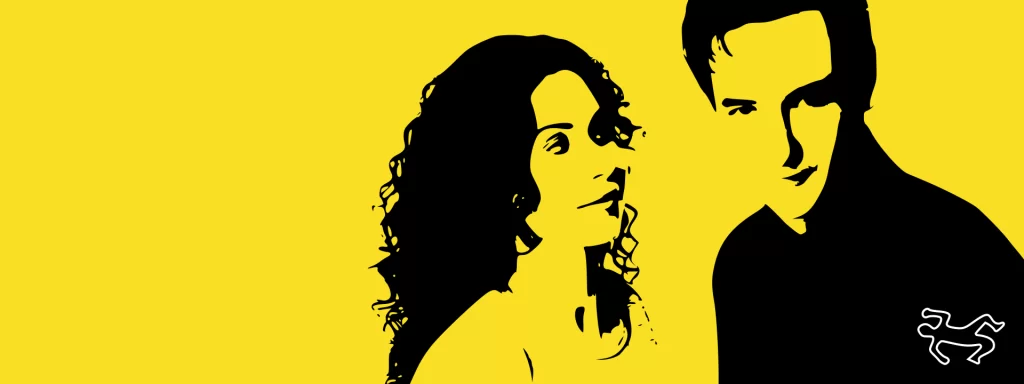
George Armitage’s direction in Grosse Pointe Blank is instrumental in creating the film’s unique tone. Armitage expertly blends dark comedy with action, creating a film that is both entertaining and thought-provoking.
Visual Style: The film’s visual style, with its blend of suburban settings and action sequences, enhances its dark comedic elements. The contrast between the mundane world of Grosse Pointe and the high-stakes world of assassination creates a visually engaging and thematically rich experience.
Pacing and Tone: Armitage maintains a careful balance between comedy and drama, ensuring that neither overshadows the other. The film’s pacing allows for both laugh-out-loud moments and introspective scenes, creating a dynamic and engaging narrative.
Legacy and Impact

Grosse Pointe Blank has left a lasting impact on the dark comedy genre. Its unique blend of humor, satire, and existentialism has earned it a place in the hearts of audiences and critics alike.
Cult Status: The film’s blend of genres and its sharp, witty dialogue have contributed to its cult status. Its memorable quotes, distinctive characters, and clever satire continue to resonate with audiences, making it a beloved classic.
Influence on Dark Comedy: Grosse Pointe Blank has influenced subsequent dark comedies by demonstrating how to balance humor with serious themes. Its success in blending genres and offering insightful commentary has paved the way for other films to explore similar territory.
Quotable quotes
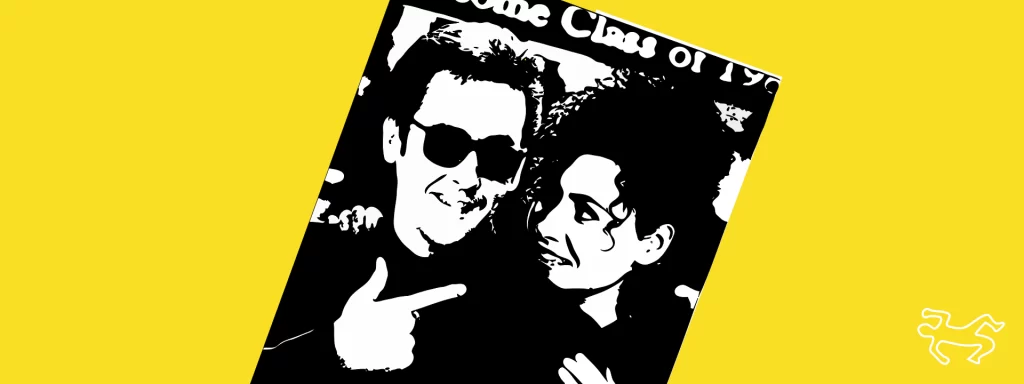
You can never go home again Oatman, but I guess you can shop there!
I killed the president of Paraguay with a fork. How’ve you been?
Don’t kill anybody for a few days. See what it feels like.
Mr. Newberry: What have you been doing with your life?
Marty: Uh… professional killer.
Mr. Newberry: Oh! Good for you, it’s a… growth industry.
If I show up at your door, chances are you did something to bring me there.
Grosse Pointe, Michigan, I hear you loud and clear. If you love something, set it free. If it comes back to you, it’s – well – broken.
Hi, how are you? Hi, I’m Martin Blank, you remember me? I’m not married, I don’t have any kids, but I’d blow your head off if someone paid me enough.
Everybody’s coming back to take stock of their lives. You know what I say? Leave your livestock alone.
Conclusion
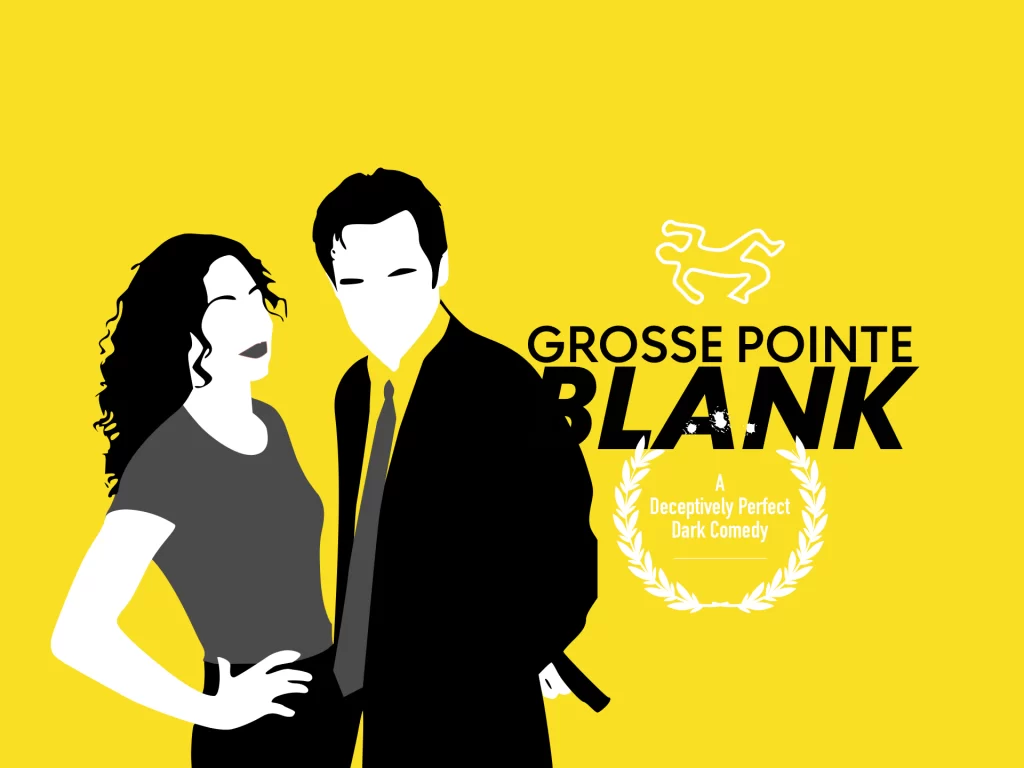
Grosse Pointe Blank is a deceptively perfect dark comedy that offers more than just laughs. With its clever satire, sharp humor, and thoughtful exploration of personal identity, the film stands out as a unique and enduring entry in the dark comedy genre. John Cusack’s masterful performance, combined with a talented supporting cast and George Armitage’s skillful direction, makes this film a standout example of how dark comedy can be both entertaining and thought-provoking.
So, the next time you revisit Grosse Pointe Blank, take a moment to appreciate the layers of humor, satire, and existential reflection that make it a true gem. It’s a film that continues to captivate audiences with its perfect blend of darkness and comedy, and it’s sure to remain a classic for years to come.
Disclaimer: The information contained in this post is for general information purposes only. The views expressed here are my own and do not necessarily reflect the opinions or positions of my employers, clients, or any organizations with which I am affiliated.
The audio summary segments, included for accessibility, are generated with experimental NotebookLM.

